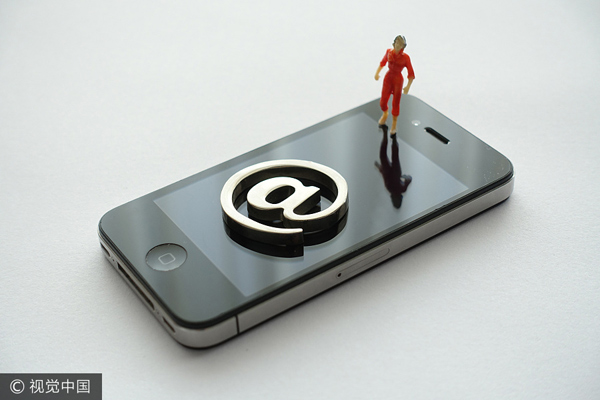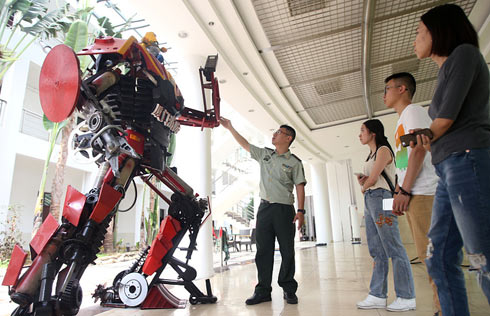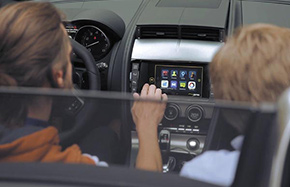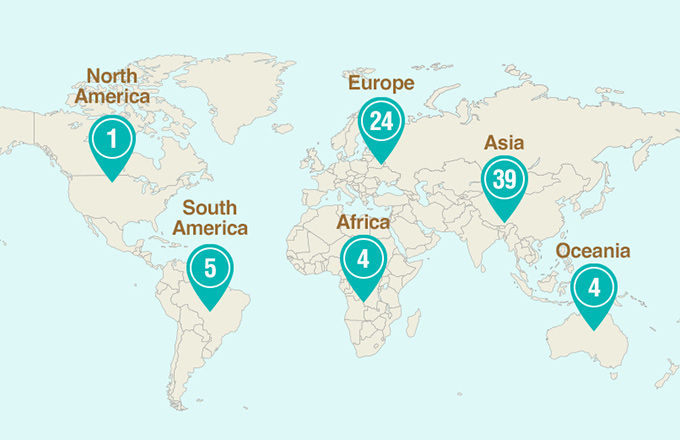Mobile users need to take security seriously after cyberattack, say experts
 |
|
The recent unprecedented cyberattack which hit computers globally highlights the importance of cybersecurity, especially for the growing number of smartphone users, security experts said. [Photo/VCG] |
The recent unprecedented cyberattack which hit computers globally highlights the importance of cybersecurity, especially for the growing number of smartphone users, security experts said on Wednesday.
An Yang, a security expert at Qihoo 360 Technology Co Ltd, China's largest internet security company, said the WannaCry ransomware virus would not directly infect mobile phones, but users still need to keep an eye on the potential risks.
"This time the virus targeted Windows platforms instead of mobile platforms, such as Android and iOS. However, if people connect their mobile phone to an infected computer to transfer and store data, files and materials on the smartphone's SD card would be encrypted by the virus."
With the global cyberattack starting on Friday, WannaCry has reportedly affected hundreds of thousands of computers in more than 150 countries and regions, including China where some institutions such as universities and gas stations were victimized, according to Qihoo 360.
"The ransomware virus is no more just a prank or vandalism, and it will also affect smartphone users," An said.
"As more people enjoy convenience by surfing the internet wherever they are, they should be wary of the potential security risks."
Starting from 2015, the number of Chinese users infected with mobile ransomware has been skyrocketing. In 2016, the number of added mobile ransomware on the Android platform hit 120,000 in China, according to a recent report by Qihoo 360.
An said he is against paying the ransom, saying it could encourage the criminals to ask for more in the future.
Li Tiejun, a security engineer at Beijing-based Cheetah Mobile Inc, said being wary of virus attacks would play a more significant role than simply installing mobile security apps.
"The threats will come from knockoff apps and some tempting videos or tools, that ask users to download and install insecure apps."
"Users should not download apps from insecure third-party channels or download knockoff apps, otherwise hackers can access personal data via the insecure apps."
Ma Si contributed to this story.

















